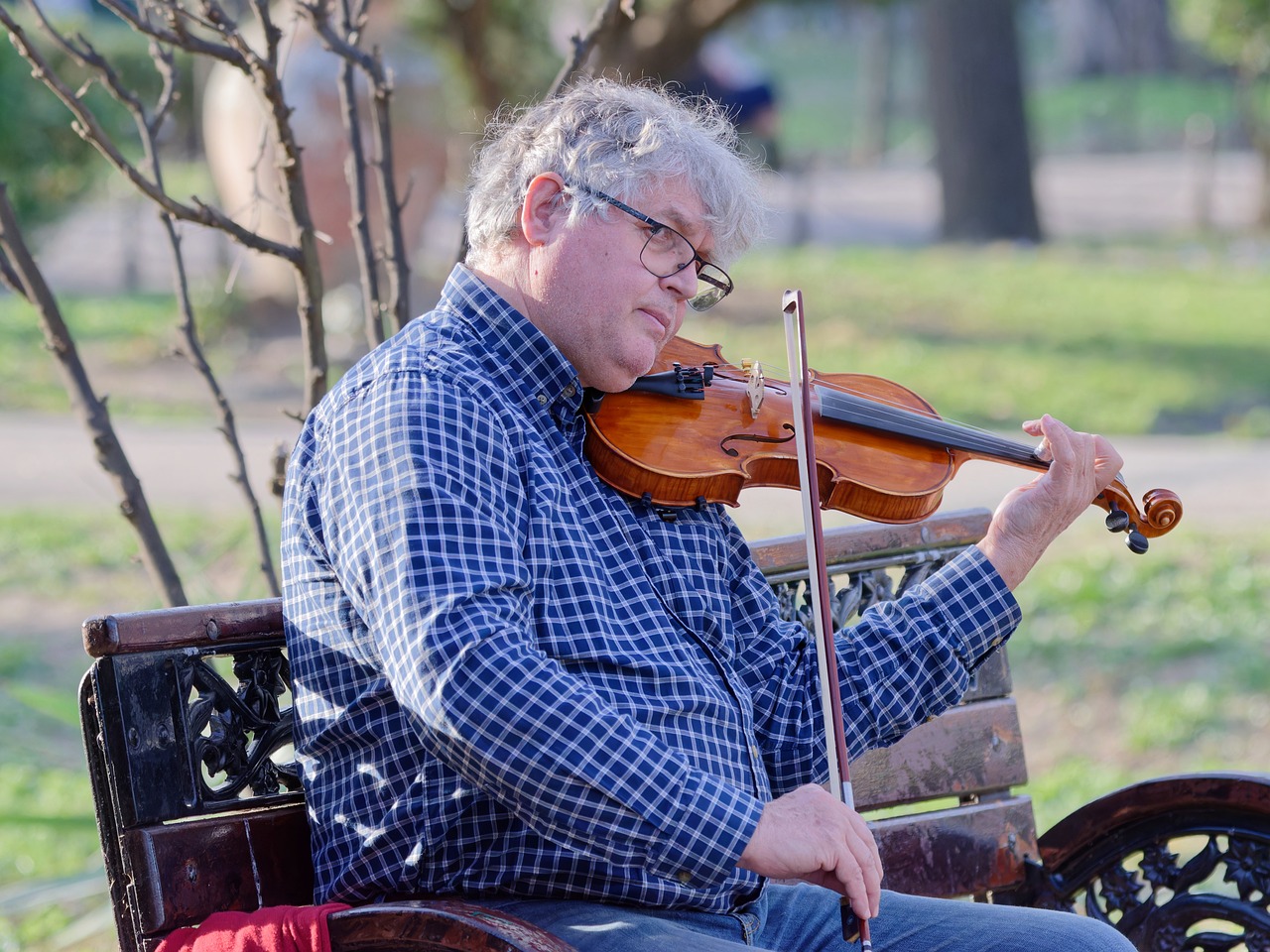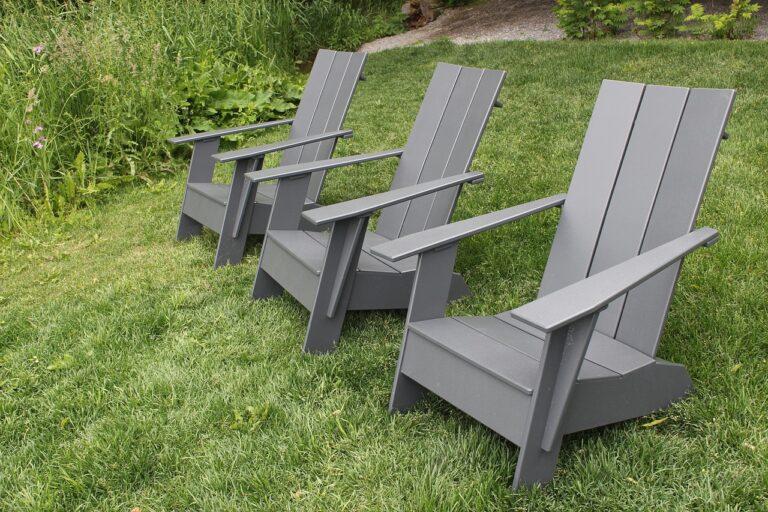The Benefits of Mindful Movement for Enhancing Physical Health and Well-Being
Incorporating mindful movement into your daily routine can bring a multitude of benefits to both your physical and mental well-being. Engaging in activities like yoga, tai chi, or Pilates helps to improve your overall flexibility and range of motion. By gently stretching and moving your body in a mindful manner, you can gradually increase your joint mobility and muscle flexibility, leading to enhanced physical function and reduced risk of injuries.
Moreover, practicing mindful movement techniques regularly can have a significant impact on reducing stress and anxiety levels. The focus on breath control, body awareness, and present moment experiences during activities like meditation or qigong can help calm the mind and promote relaxation. As you tune into your body’s sensations and movements, you become more attuned to your inner state, fostering a sense of inner peace and emotional balance.
How mindful movement can improve flexibility and range of motion
One of the key benefits of incorporating mindful movement into your daily routine is the improvement in flexibility and range of motion that it offers. Engaging in activities such as yoga, Pilates, or tai chi can help enhance your body’s ability to move freely and comfortably. By practicing mindfulness while moving, you become more attuned to your body’s needs and limitations, allowing you to stretch and strengthen muscles in a safe and effective way.
Regular participation in mindful movement practices can also help prevent injuries related to stiffness and limited mobility. As you focus on the present moment during your movements, you become more aware of any areas of tension or tightness in your body. By addressing these areas through targeted stretches and exercises, you can gradually increase your flexibility and range of motion, leading to improved overall physical well-being.
The impact of mindful movement on reducing stress and anxiety
Engaging in mindful movement practices such as yoga, tai chi, or qigong can significantly reduce stress and anxiety levels. These activities promote a sense of presence and self-awareness, allowing individuals to let go of ruminating thoughts and focus on the present moment. The physical movements combined with mindful breathing techniques help to calm the mind and regulate the body’s stress response.
Furthermore, mindful movement practices encourage the release of tension and tightness stored in the body, which can contribute to feelings of stress and anxiety. By gently stretching and moving the body with intention and awareness, individuals can enhance their overall sense of relaxation and well-being. This mind-body connection cultivated through mindful movement can lead to a greater sense of ease and mental clarity, ultimately reducing the impact of chronic stress and anxiety on the body.
What is mindful movement?
Mindful movement involves paying attention to the present moment while moving your body in a deliberate and purposeful way. It combines physical activity with mindfulness practices such as deep breathing and meditation.
How can incorporating mindful movement into my daily routine benefit me?
Incorporating mindful movement into your daily routine can help reduce stress and anxiety, improve flexibility and range of motion, and increase mindfulness and body awareness.
Can mindful movement help reduce stress and anxiety?
Yes, mindful movement has been shown to be effective in reducing stress and anxiety by promoting relaxation, improving focus and concentration, and releasing tension in the body.
How does mindful movement improve flexibility and range of motion?
Mindful movement involves gentle stretching and movements that help to release tension in the muscles and joints, promoting increased flexibility and range of motion over time.
Can anyone participate in mindful movement practices?
Yes, mindful movement practices can be modified to accommodate individuals of all fitness levels and abilities. It is important to listen to your body and practice within your own comfort level.







